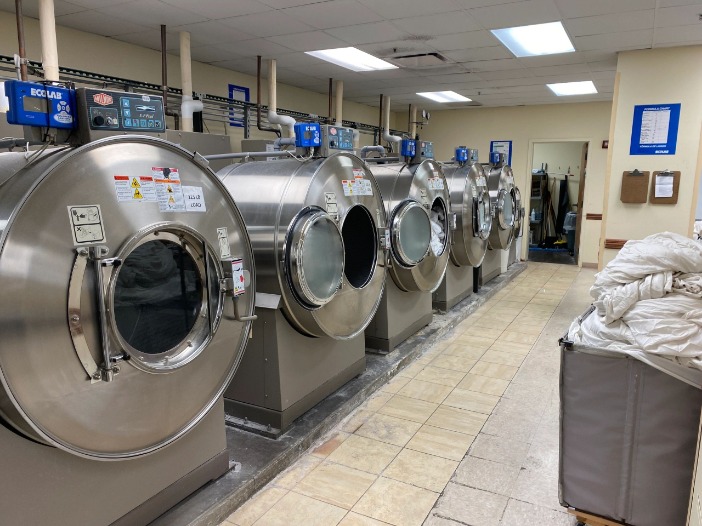Making your Will allows you the time to carefully consider how you’d like your estate to be divided up after your passing. You only need to include specific items in your will if you’re giving something to a specific person. MostAll property not listed as a specific gift will be included in your residual estate and distributed according to your instructions, unless there are other instructions elsewhere such as beneficiary designations. It’s generally easy to make a will online as they are designed to walk you through the process. Platforms like Willful don’t function like a fill-in-the-blank form, rather we guide you through a series of questions to assess your life situation and create a customized document tailored to you.
Read more about Online will kits here.
Guide to the Law in the Republic of Ireland
If you’re happy with it all going to your spouse, that’s awesome. But making a will also gives you the chance to decide what, if anything, you want other loved ones to get too. However, you should never keep your will in a safe deposit box. If your bank won’t allow you to appoint your own executor within the will writing service, it may be best to look elsewhere. Even with relatively straightforward estates, you might be charged a high percentage of the estate, perhaps 5% to act as sole or joint executor. These charges will still apply if the estate is very straightforward, or if most of the probate work is done by someone else. If you don’t want to pay for a solicitor, but would like some guidance, you could consider using a will-writing service.
A Lawyer’s Guide to Drafting a Will
If applicable, nominate who should care for them if you and the other parent would die while the children are still minors. Without making a Will, disputes can arise among beneficiaries. Resolving this in court can be expensive, time-consuming and emotionally draining. Nationwide® has partnered with FreeWill to offer you a fast, easy way to get your will done today. Get your will done for free Nationwide® has partnered with FreeWill to offer you a fast and easy way to complete a will. The decision is ultimately up to you, and having a Will (in any form) is often better than nothing.
The purpose of this is to have relatively neutral parties verify that you were sound of mind when you signed the Will into effect. Once you sign the document, your witnesses will also sign and date the Will. They should also spell out their names and include their addresses. Next, spend time listing out all of your immediate relatives. Although you may not intend to include everyone in your Will, it’s a worthwhile exercise.
The executors then work out the total value of everything else you own minus any liabilities and taxes. What’s left over is called your “residuary estate”, divided up according to your specifications. If you have passed away, leaving children who are minors (under 18), the court may also require a third-party administration bond to be arranged. This guarantees any losses if the executor of the estate does not ‘properly administer’ the estate. The bond can be expensive and usually bought through an insurance company. When deciding between a DIY will and professional services, consider cost, complexity, and familiarity with legal procedures.







